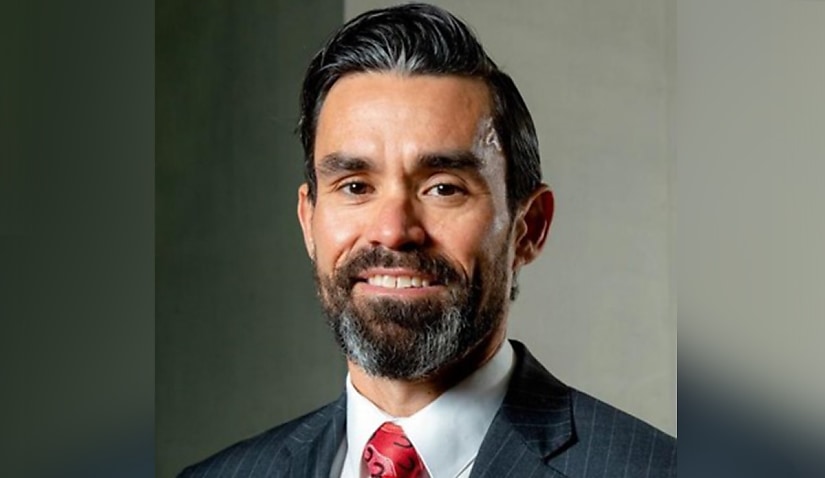Powered by MOMENTUM MEDIA
The Honourable Justice Lincoln Crowley spoke at the 30th-anniversary lecture of the Mabo High Court decision — a foundational day in the recognition of land rights for Indigenous Australians.

The 30th Mabo anniversary lecture at James Cook University (JCU) in Queensland was delivered by Supreme Court Justice Lincoln Crowley KC, in recognition of Eddie Koiki Mabo’s challenge to the Queensland government.
In the lecture, His Honour reflected on his schooling at JCU, the university where Eddie Mabo worked as a groundsman and later established a school that amalgamated with JCU.
It was through association with JCU humanities and education staff that Eddie Mabo became interested in who owned the land on which his people lived, and in native title.
“Eddie Mabo’s name and cause [are] immortalised in Australian history by the High Court’s decision in the landmark 1992 case that recognised native title and overturned the doctrine of terra nullius,” Crowley J stated.
“While I’ve joined a select group of esteemed speakers who have presented the Mabo lecture in the past, I am uniquely qualified to present this lecture from a perspective that none of my predecessors [has] possessed,” His Honour told the lecture hall.
Justice Crowley, too, holds an important place in Australian history as Australia’s first Aboriginal Supreme Court judge, having been appointed in May this year.
Crowley J was taught by Marylyn Mayo, who graduated as part of a small group of female lawyers in the 1960s and went on to become JCU’s foundation head of the school of law and acting dean.
“As a first-year student, my introduction to understanding the legal system and the theory and philosophy of the law came from Professor Mayo’s lectures,” His Honour explained.
“She was a formidable woman and a great teacher,” His Honour reflected. “She always projected an energy and passion for the law that inspired her students.
“She showed me the methodology of a case analysis using the acronym FIRAC: facts, issues, rules, application, and conclusion — which I still use today, and have used throughout my entire legal career.”
In His Honour’s first experience in the courtroom, he knew law was the right choice. “Amongst the pressure and the nerves, I had also experienced the excitement and the thrill that came from appearing as an advocate,” he said.
His Honour elaborated on his passion for law. “To my mind, the intellectual challenge is the law, the stimulation are the fascinating cases, the exhilaration is in receiving a just result for clients, and the satisfaction is in being a member of a respected collegiate profession.
“These provide the greatest rewards for those who choose to take on the roles and responsibilities in the legal profession, more so than monetary rewards,” Crowley J posited.
One of the highlights of his career came when he reached the personal and professional goal of being appointed QC (now KC) — which made him the first-ever Indigenous person to be appointed QC in Australia’s history.
“It was not an achievement I wanted,” His Honour reflected, “but it was one I was so proud to receive”.